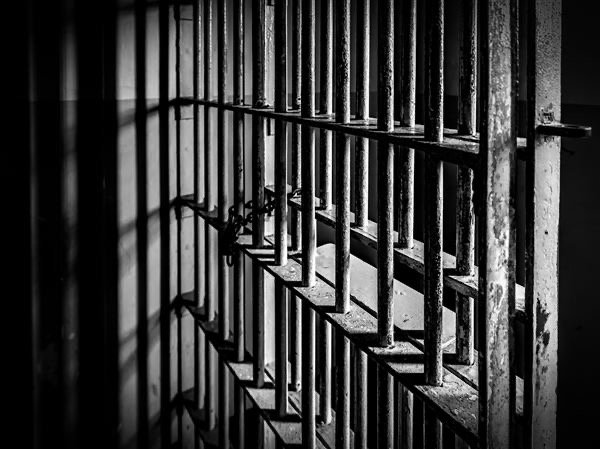During unprecedented times of crisis, such as those we are currently experiencing due to the novel Coronavirus, it is our duty as a society to look after those most vulnerable to systematic shock. In watching the news and reading medical publications surrounding the disease dubbed “COVID-19”, you already know the most vulnerable amongst us are the elderly and those with pre-existing medical conditions, such as heart disease or asthma.
While these two groups are at a higher risk and often present an overlapping population, there are others out there who are also at a greater risk than your average person. Specifically, those who are incarcerated in our jails and prisons are also at a greater risk of contracting and spreading the virus.
According to Physicians for Criminal Justice Reform, prison populations are particularly susceptible to disease transmitted via respiratory droplets, which coincidentally is the most common way that COVID-19 is spread. The same article goes on to mention other diseases that are spread in a similar manner; diseases such as Tuberculosis and the Flu already wreak havoc on prison populations.
Tuberculosis is seen in prisons at a rate six (6) to ten (10) times higher in prison populations than the general populous, and the Flu is ten (10) times more deadly and spreads more rapidly than the Ebola Virus when present in prison populations. These numbers paint a grim reality that many incarcerated persons face. While releasing people from jails and prisons might not be the choice you would choose personally, there is more to it than a moral code and compassion for your fellow person.
The Fifth and Fourteenth Amendments to the United States Constitution read, respectively, “No person shall be…deprived of life, liberty, or property, without due process of law” and “nor shall any State deprive any person of life, liberty, or property, without due process of law”. There are legal grounds here to back up the moral stance associated with inmate release, and while you may think to yourself, “Hey, didn’t I see that courts are shutting down? How is that not a violation of due process for all people with pending cases?” The simple answer is that the closing of the courts can pose a constitutional violation of due process if those that are incarcerated are not allowed certain hearings. Since this virus has come to the forefront of our lives, Wake County has worked diligently to protect the rights of the accused, as well as protecting the safety of their citizens.
Many Judges and District Attorneys across North Carolina have begun collaborating with defense attorneys to review, on a case-by-case basis, those who might be eligible for release during these unprecedented times. Those of us advocating for these uncommon releases are not doing so lightly. Attention to case details, as always, is paramount. In large part those who are eligible for release are those who have been charged with non-violent and victimless crimes. I applaud those officials who are diligently weighing the rights of the accused with the protection of our citizens.
Additionally North Carolina General Statute §15A-1369 establishes the authority, eligibility, guidelines, and conditions of release of inmates for medical reasons. This statute is intended for those who are chronically or terminally ill or incapacitated under normal circumstances. However, during these unnatural times, it is clear that North Carolina has well-established procedural guidelines to make emergency pandemic release a possibility. The statute in its entirety can be reached by clicking the link below.
https://www.ncleg.gov/EnactedLegislation/Statutes/PDF/ByArticle/Chapter_15A/Article_84B.pdf During these unprecedented times, a little compassion goes a long way. Please follow CDC and other health official guidelines, wash your hands, practice social distancing, care for your loved ones, and extend a hand to help those in need.

